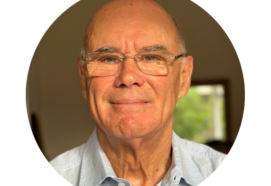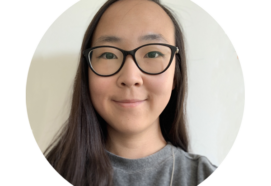In this podcast, Dr Ann Ozsivadjian discusses autism with freelance journalist Jo Carlowe.
Ann talks about the prevalence of mental health problems in ASD, preventing mental health problems before they occur, interventions and psychological therapies and techniques she draws upon herself as a clinical psychologist.
You can listen to this podcast directly on our website or on the following platforms; SoundCloud, iTunes, Spotify, CastBox, Deezer, Google Podcasts and Radio.com (not available in the EU).

Principal Clinical Psychologist at Evelina London Children’s Hospital, Guy’s and Thomas’ NHS Foundation Trust
Ann trained in clinical psychology at Oxford and is now an honorary principal clinical psychologist at the Evelina London Children’s Hospital, honorary researcher at King’s College London and is also an independent practitioner. Ann worked in the Complex Paediatric Neurodevelopmental Disability Service at the Children’s Neurosciences Centre, Evelina London Children’s Hospital (Guy’s and St Thomas’ NHS Foundation Trust) for 16 years. Her clinical and research interests include the assessment and treatment of mental health difficulties in ASD, cognitive pathways to anxiety in ASD, and also working with girls and women on the autism spectrum.



Discussion
Thank you Dr Ozsivadjian. Every CAMHS professional needs to hear what you say. Every school. Every social worker. Every local authority.
I am a CAMHS clinician and have 28 years experience. I have a core training in mental health and a secondary qualification in analytic psychotherapy. For many years I have advocated for the need for a therapeutic alliance with all my clients. Without this initial trust building with any individual or family it is difficult to foresee the benefit of any therapeutic modality. I am increasingly concerned, however about clinicians’ lack of mental health training and focussing more of an individual’s symptoms and clinicians developing a defensive practice with clients as demand from service users increases. It is mentioned that clinicians require confidence in their practice and an ability to positively manage risk. This is more necessary now than at any other time my entire CAMHS experience. I found the discussion extremely helpful from the point of view of having no formal ASD training, but being able to ‘hold’ and ‘contain’ a clients concerns with thoughtfulness and compassion that can be as useful a tool as any ‘masterclass’ in any CAMHS presenting issue.